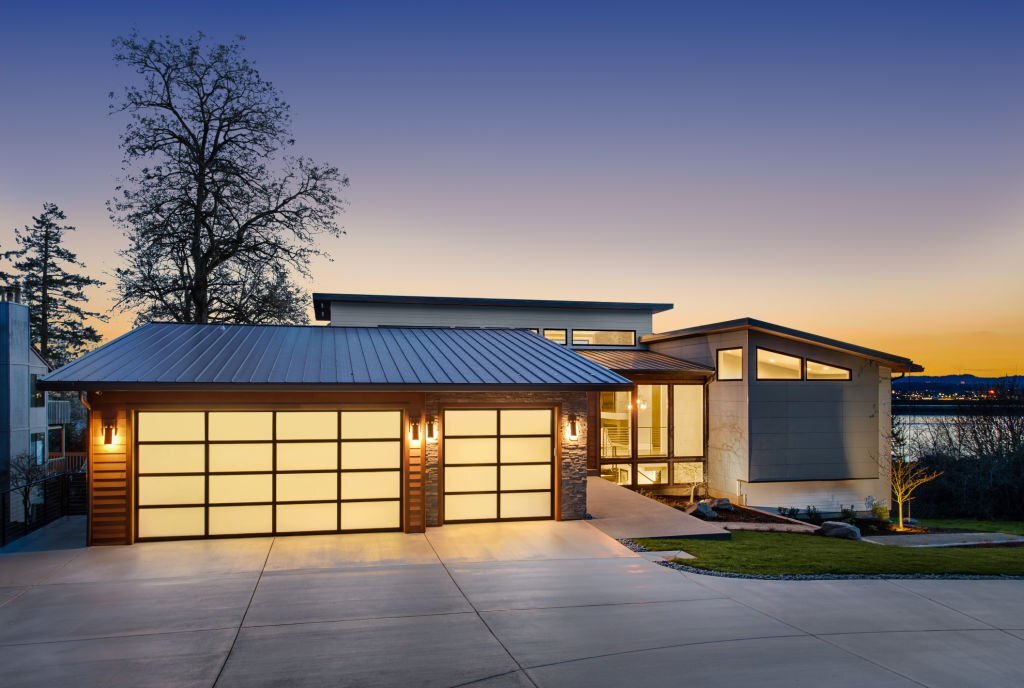The average American garage door opens and closes thousands of times a year. Over time, wear and tear can lead to chipped paint, cracked panels and worn parts. It’s not always clear when to repair your door or simply replace it, but here are a few considerations to keep in mind. The Life Span of a Garage Door Garage doors don’t need to be replaced often. A high-quality installation can last up to 30 years with preventive maintenance.
The Life Span of a Garage Door
Garage doors don’t need to be replaced often. A high-quality installation can last up to 30 years with preventive maintenance. That said, you should take a few steps on a regular basis to check in on your door and ensure it’s still in proper working condition:


Signs That It’s Time to Replace Your Garage Door
- Noise: You should contact a professional to inspect your garage door when it becomes noisy or vibrates during operation.
- Motion: If the door stops opening or closing, it could be a battery issue that calls for repair or replacement.
- Panels: Damaged panels will open the inside of your garage to the elements — and the damage can spread over time.
- Energy: It might be time to replace your garage door if you notice your energy usage has increased. Newer doors with advanced insulation can help to regulate temperatures and your utility bills.
The Benefits of a New Garage Door
A new garage door can significantly improve your day-to-day life with convenient features and a stylish design. Newer door models offer superior safety features, like keypads rather than traditional key locks. Many also include smart home features — for example, you can use a mobile app on your device of choice to open and close your garage door remotely.



